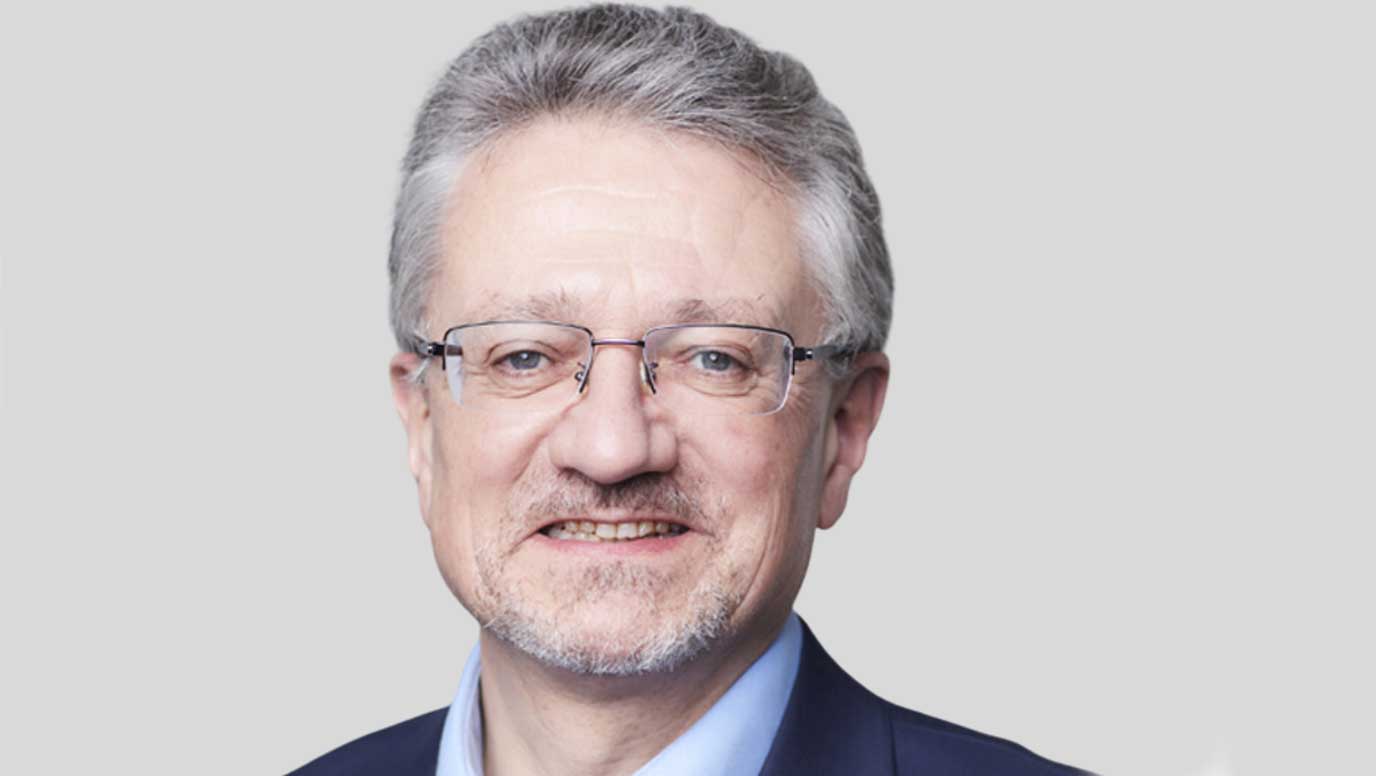New Chair as HutanBio gears up for Series A funding round

Fresh from a £3.5 million seed round, backed by UK-based Clean Growth Fund, UKI2S (UK Innovation to Science) and others, HutanBio is gearing up for a Series A raise to fund the deployment of its first commercial biofarm pilot, slated for completion in 2026.
The strategic appointment will enable former Chair and CEO Paul Beastall to focus on advancing engineering efforts and building commercial traction.
Dr Collins has over three decades of experience spanning energy, water and process industries and is renowned for scaling technology-differentiated engineering businesses and delivering exceptional results.
His experience spans numerous sectors including chemical technology, oil and gas pipeline inspection, oilfield services and water utility sensor solutions.
With a PhD in Computational Fluid Dynamics from Imperial College London and an MBA from INSEAD, his technical and business expertise uniquely position him to guide HutanBio’s next phase of growth.
Dr Collins has a proven history of turning breakthrough technologies into commercial successes. His leadership was instrumental in driving Permasense from a university spinout to a global market leader, culminating in its $50 million acquisition by Emerson in 2016, notably with zero equity funding. As Chairman, he also led Inflowmatix to its acquisition by Suez in 2021.
“I am thrilled to join HutanBio at such a pivotal moment,” Dr Collins said. “The company’s commitment to sustainability and ambitious innovation is inspiring.
“Thanks to the brilliance of the founding team, we now know that algae biofuel can be produced at scale and without competing with food supplies or causing deforestation. This breakthrough is hugely significant and holds enormous potential.”
Dr Collins’ extensive global experience across Europe, North America and Asia, along with a track record of scaling startups from lab stage to multi-million-dollar valuations, further strengthens HutanBio’s Board.
Dr Collins highlights HutanBio’s commitment to diversity: “A key factor in joining HutanBio was its rare focus on diversity from the outset,” he said.
“Starting with diversity creates strength—broadening perspectives, improving problem-solving, and fostering innovation. It also makes the company more attractive to top talent, promotes a global outlook, and cultivates a positive, forward-thinking culture.”
Drawing on extensive global cultivation trials and research, HutanBio is expected to become a major disruptor in the fuel supply market and make a significant contribution to the decarbonisation of transport and hard-to-abate high emitting industries, including cement production.
Founded in 2019 after a decade of research and the discovery of the rare microalgae species HBx, the company’s groundbreaking innovations have successfully and rather ingeniously unlocked the potential of algae as a low carbon fuel – firmly drawing a line under a generation of failed attempts.
Having established an ability to repeatably produce a high energy density, low carbon, sulphur-free, bio-oil, the team is now poised to meet the growing market demand.
That is fuelled by regulatory drivers which include the recently signed UK SAF mandate and the IMO’s (International Maritime Organisation) mandate on reducing shipping emissions by 40 per cent by 2030 and absolute greenhouse gas reduction by 2050.
HutanBio CEO, Paul Beastall said: “Peter’s blend of technical expertise and commercial leadership is exactly what HutanBio needs to continue to growth and achieve our next major milestone. His track record speaks for itself, and we’re thrilled to have him onboard.”
HutanBio’s HBx biofuel is said to boast a light touch footprint which is regarded as hugely significant. Unlike other energy crops, the process requires no freshwater and will be deployed in areas of strong sunlight.
Grown in enclosed bioreactors it takes advantage of barren, unproductive land, meaning it can scale without competing with agriculture, drawing on already scarce fresh water supplies or driving deforestation and other harmful consequences.

